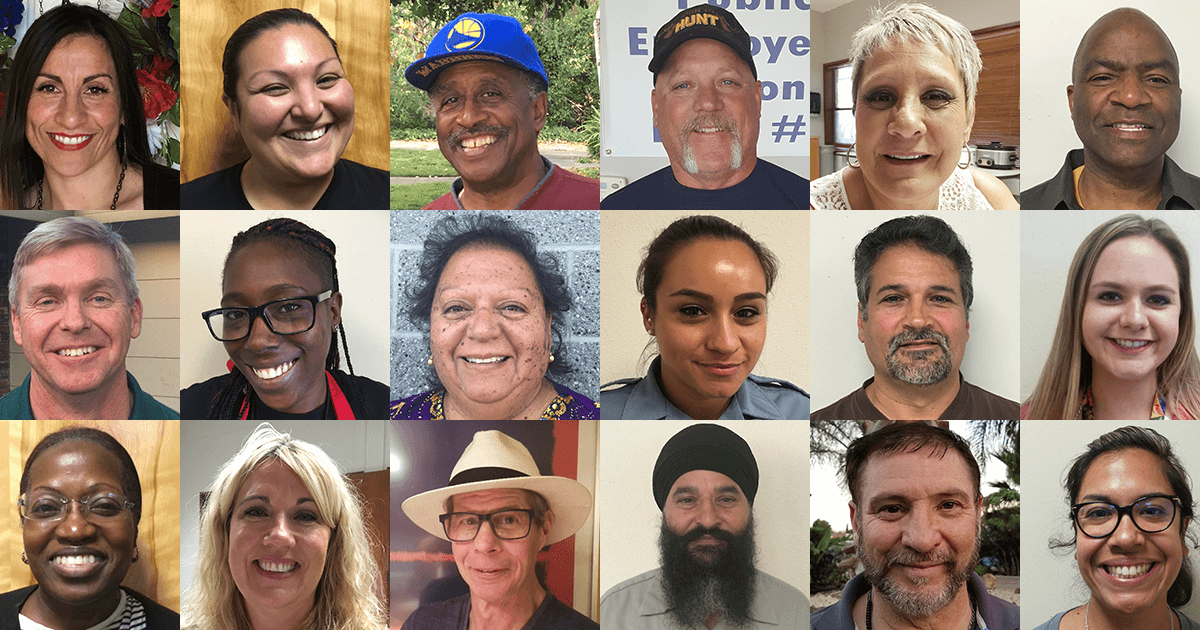
Despite a decline in labor union membership in the United States, AFSCME continues to grow. Last year, our union saw a net growth of nearly 12,000 members.
The decline in union membership in 2016 was announced today by the U.S. Bureau of Labor Statistics in an annual report.
The membership rate was 10.7 percent last year, down .4 percent from 2015. In raw numbers, 14.6 million public and private-sector workers were union members last year, down 240,000 from the year before.
Union membership in the public sector is healthier than in the private sector, with 34.4 percent of public service workers belonging to a union, compared with 6.4 percent of private-sector workers, according to the report.
“The Labor Department statistics announced today are evidence that decades of relentless attacks from right-wing politicians and corporate special interests have taken their toll, making it harder for working people to join together in a union and fight for fair wages, benefits, and protections that benefit all Americans,” AFSCME Pres. Lee Saunders said.
Belonging to a union continues to be the best way to earn a fair salary, among other benefits. According to the BLS, the median weekly earnings of nonunion workers were just 80 percent of earnings for unionized workers.
“The labor movement remains one of the most effective vehicles for working people to reach the middle class, and declining union membership tracks with greater income inequality,” Saunders said. “Studies show that union density in communities across the country translates into greater opportunity and socio-economic mobility for members and non-members alike.”
AFSCME continues to grow because of our commitment to getting back to organizing basics, building power at the grassroots level and listening to – and working to resolve – the unique concerns of every public service worker in one-on-one conversations.
“As a union, we will never quit fighting for the respect and opportunity public service workers deserve, because public service workers never quit on our communities,” Saunders said.
